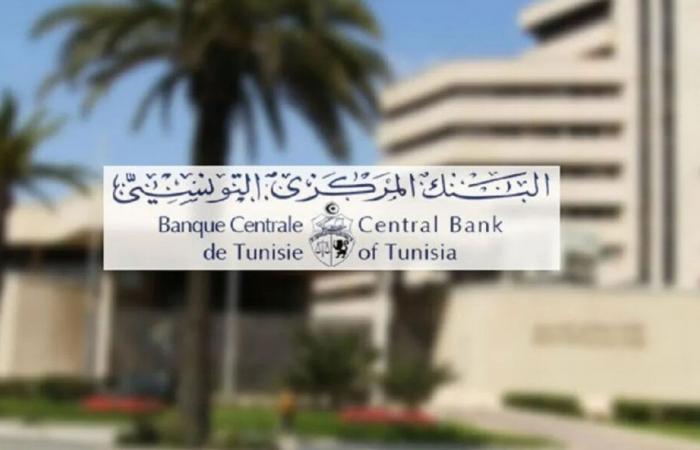The overall volume of refinancing by the Central Bank of Tunisia (BCT) on the money market fell by 23%, standing at 12,111.8 million dinars as of December 20, 2024, compared to 15,679.28 million dinars on the same date. the previous year. These data come from the latest monetary and financial indicators updated and published on the official website of the BCT.
The Central Bank plays an essential role in balancing the money market by injecting liquidity or reducing surpluses, depending on the needs of credit institutions and its policy of setting key interest rates and exchange rates. The money market constitutes a major source of liquidity for the banking system and allows the BCT to monitor national debt.
Furthermore, interbank transactions on the money market increased significantly. They reached 3,464.4 million dinars at the end of this week, against 1,928.4 million dinars as of December 20, 2023, marking an increase of 1,536 million dinars.
The BCT's financial indicators also reveal a notable increase in the mass of notes and coins in circulation. This amounted to 22.37 million dinars as of December 20, 2024, compared to approximately 20,121 million dinars the previous year, an increase of 1,916 million dinars.
Regarding Treasury bonds, the data shows a drop of 3,437.2 million dinars for short-term bonds between December 20, 2023 and December 20, 2024. However, the outstanding amount of negotiable Treasury bonds experienced an increase of 2,526 million dinars during the same period, from 16,48.8 million to 19,174.8 million of dinars.
The money market interest rate remained unchanged, remaining at 8%. This stability reflects the BCT's efforts to maintain a monetary environment consistent with its macroeconomic objectives.
Faced with the marked slowdown in credit activity in 2023 and 2024 and the increase in bad debts, the Central Bank of Tunisia recently made commitments to strengthen the stability of the banking sector. These measures include, in particular, the adoption of legislative reforms aligned with international standards.
These announcements were published in a press release accompanying the 13th edition of its annual report on banking supervision for 2023. This report highlights the progress made in the areas of banking regulation, prudential supervision, and the organization of the sector. banking and the protection of users of banking services.






